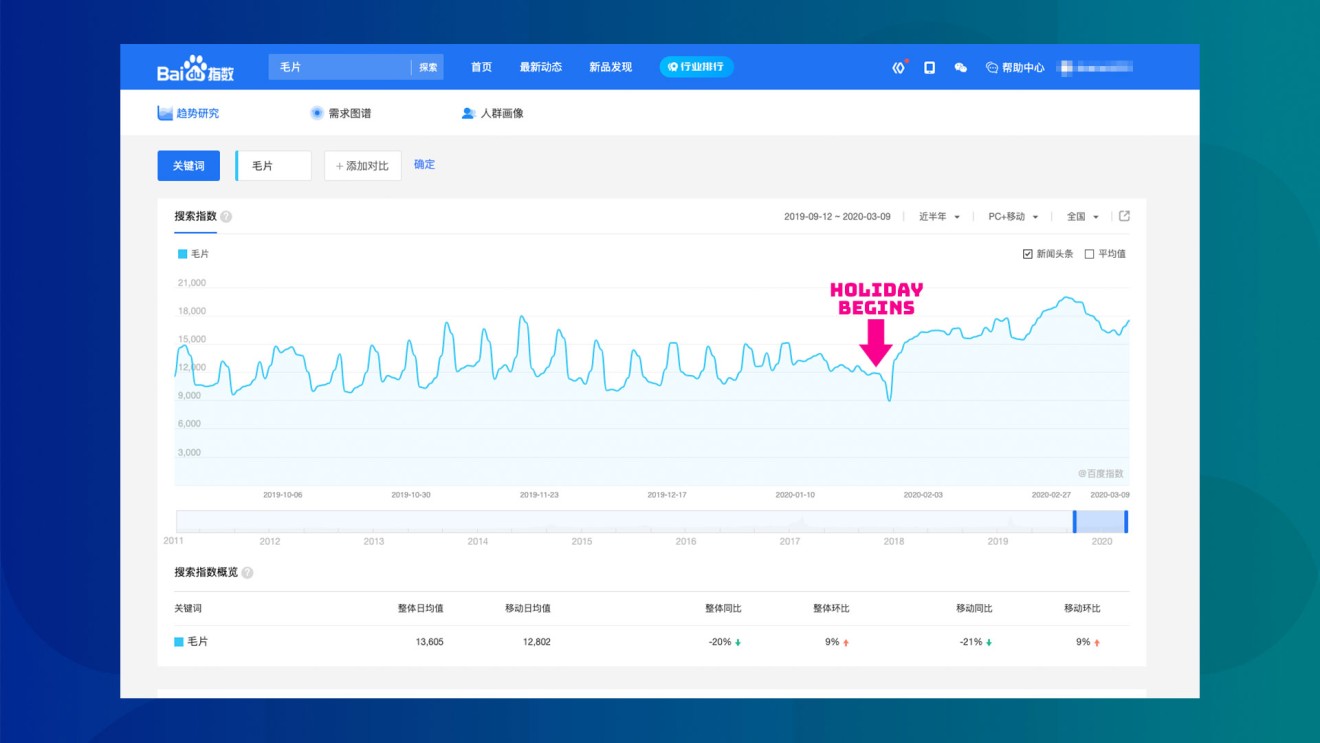
People are searching for porn while stuck at home during the coronavirus
Porn-related keyword searches surge on Baidu, China’s largest search engine
Meet Baidu, China’s homegrown search engine
People likely didn’t get very far just searching one word, so they tried other terms as well. Numbers from Baidu show that searches for porn-related keywords also increased, including “Europe and US all free to watch” and “A movie” -- another Chinese nickname for porn. A search by Abacus on Baidu’s search engine found that some of these keywords do lead to websites hosting adult material. And some of those sites can even be accessed in mainland China, where porn is banned.


As the coronavirus spreads around the globe, public health researchers are now looking into the effectiveness of China’s heavy-handed approach in stemming the disease, such as home quarantines. And believe it or not, some think that data on porn habits might provide crucial hints.
The story of China’s Great Firewall, the world’s most sophisticated censorship system
Baidu declined to comment on the spike of porn-related searches. But the company stressed that it has been taking serious measures to clamp down on “harmful content,” relying on both humans and AI to screen out offending material. The company told us it removed more than 53 billion pieces of harmful information last year, and nearly half of the removals were related to porn.
Purchase the China AI Report 2020 brought to you by SCMP Research and enjoy a 20% discount (original price US$400). This 60-page all new intelligence report gives you first-hand insights and analysis into the latest industry developments and intelligence about China AI. Get exclusive access to our webinars for continuous learning, and interact with China AI executives in live Q&A. Offer valid until 31 March 2020.

